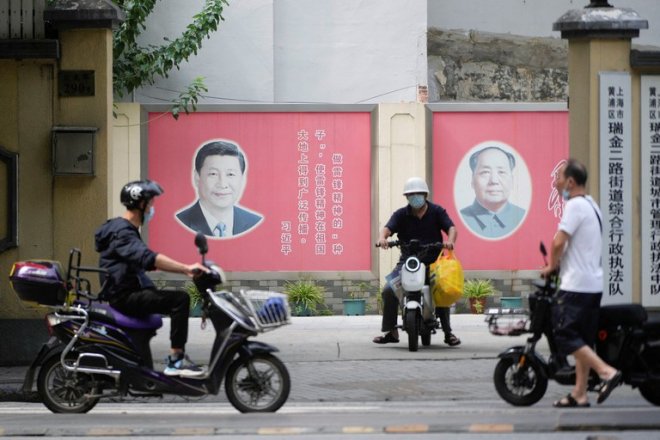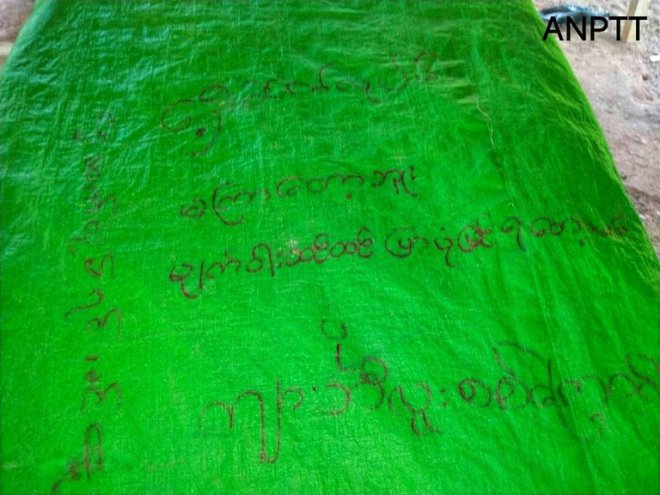After message from Hun Sen, Cambodia’s new leader halts tax changes
After a public uproar – and apparent input from his father – new Prime Minister Hun Manet this week reversed a government plan to introduce new taxes and raise existing taxes.The announcement on Tuesday followed the release of a voicemail that former leader Hun Sen sent to government ministers about widespread criticism of the tax proposals.
“For the tax issue, please take a look into it,” Hun Sen said in the voicemail, which was released earlier this week on Facebook. “Why is it exploding? We are not taking any action yet, but the talk is causing an outcry.”
Hun Sen, 71, stepped down in August after leading the country since 1985. Hun Manet, his eldest son, was appointed prime minister on Aug. 22 – a move that had been planned for years.
The voicemail shows that Hun Sen continues to control the government behind the scenes and remains a potent political force, said Seng Sary, a Cambodian political analyst granted asylum in Australia.
Cambodia is attempting to recover from the economic damage brought on by the COVID-19 pandemic, which caused inflation, a decline in trade and increase in job losses in the vital garment sector.
As a result of the downturn, the government’s General Department of Taxation reported that collections during the first eight months of 2023 were 21% lower than what was projected in the annual budget.
‘We have to be on top of the timing’
The department’s increased efforts at collecting taxes helped spark the recent outcry on social media, Seng Sary told Radio Free Asia.
Hun Sen noted in the voicemail that the tax issue came up just as Hun Manet was settling into office and while neighboring Thailand has proposed debt forgiveness measures and other ways to help people deal with economic hardship.
“Some problems, we have to be on top of the timing,” he said in the message to the ministers. “If we are not on top of the timing, we may go wrong. Please help with the direction of the government.”
On Tuesday, Hun Manet spoke in front of 20,000 workers in Phnom Penh, telling them the government won’t be creating any new taxes or increasing the old ones.
“We did not take it and we will not take it,” he said of a decision on taxes. “So be clear on this.”
He noted that the government doesn’t currently levy taxes in some areas, such as farmland, agricultural materials and products, real estate worth less than 100 million riel (US$25,000) and inheritance.
Details on future tax policies will be released in November, after the annual Government-Private Sector Forum in Phnom Penh, he said.
The current tax payment procedures make it easier for corrupt tax officials to commit corruption and oppress taxpayers, Seng Sary said.
“Hun Manet should announce the reform of how to collect taxes effectively and reduce corruption in the tax sector so the people can have a positive view on the government of Hun Manet,” he said.
Translated by Sok Ry Sum. Edited by Matt Reed and Malcolm Foster.
[圖擷取自網路,如有疑問請私訊]
|
本篇 |
不想錯過? 請追蹤FB專頁! |
| 喜歡這篇嗎?快分享吧! |
相關文章
AsianNewsCast























